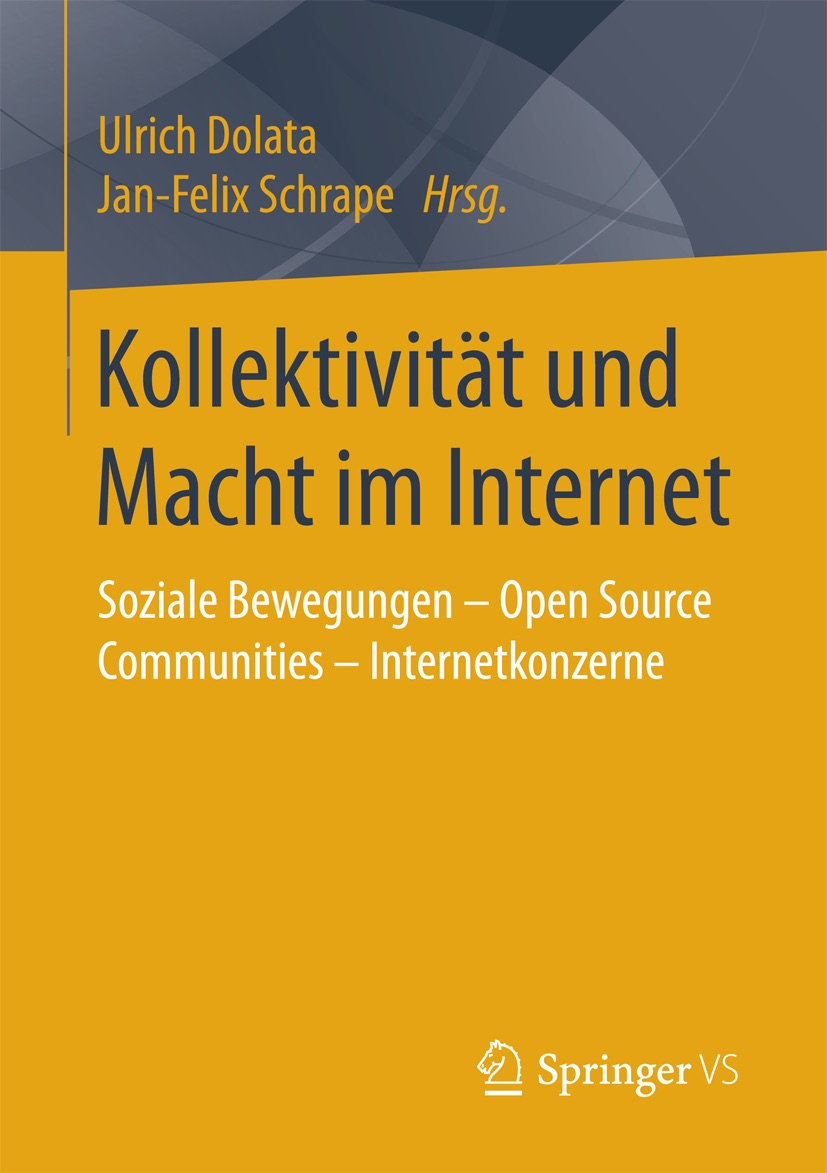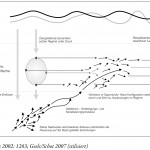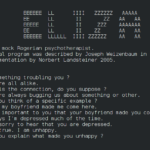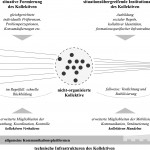23. Juni 2017
Der Reuters Institute Digital News Report 2017 ist erschienen und bietet wie in den Jahren zuvor einen Überblick zur weltweiten Rezeption von Nachrichtenangeboten und Nutzung der unterschiedlichen Medienkanäle in der individuellen Versorgung mit tagesaktuellen Informationen: Hier die wichtigsten Links dazu:
Kernergebnisse: Das Vertrauen in journalistische Nachrichtenangebote ist mit 40 Prozent über alle Länder hinweg weiterhin niedrig; in der BRD liegt dieser Wert bei 50 Prozent. Hierzulande und in vielen anderen europäischen Ländern ist die Social-Media-Nutzung in der News-Rezeption rückläufig (nicht aber in den USA). Die aktive Partizipation im Web verharrt im Nachrichtenbereich auf geringem Niveau. Sascha Hölig (Hans-Bredow-Institut für Medienforschung) begründet das wie folgt:
»Es ist nur ein ganz kleiner Teil der Bevölkerung, der Nachrichten teilt und kommentiert, nur zehn Prozent der Nutzer von sozialen Medien. Es ist ein verbreitetes Zerrbild, dass die Menschen alles diskutieren und teilen möchten. Das Interesse daran besteht gar nicht. Man sollte nicht unterschätzen, wie viele die klassische Lean-Back-Situation vor dem Fernseher vorziehen, wenn sie von der Arbeit nach Hause kommen.«
17. Juni 2017
Anfang Juli erscheint das von mir und Ulrich Dolata zusammengestellte Buch »Kollektivität und Macht im Internet: Soziale Bewegungen – Open Source Communities – Internetkonzerne« (Amazon, 19,90 Euro). Das Einführungskapitel lässt sich schon jetzt als Leseprobe bei Springer VS herunterladen.

Das Buch geht den Fragen nach, wie sich die vielfältigen neuartigen Formen von Kollektivität in der Internetgesellschaft voneinander unterscheiden und typisieren lassen und welche Rolle die technischen Infrastrukturen des Netzes für deren Entstehung bzw. Verstetigung spielen. Es wird diskutiert, auf welche Weise sich die Mobilisierung und Organisierung sozialer Bewegungen durch Social Media verändert, wie Arbeits- und Entscheidungsprozesse in Open-Source-Communities strukturiert sind und über welche ökonomische und regelsetzende Macht die großen Internetkonzerne als wesentliche Gatekeeper und Kuratoren der Kommunikation im Netz heute verfügen.
2. Juni 2017
Anfang Juni sind die ersten Teile des State of the News Media Report 2017 erschienen, der seit 2004 durch das Pew Research Center herausgegeben wird und einen Überblick über die sozioökonomischen Entwicklungen im US-amerikanischen Journalismus gibt.
Weiterlesen »
2. Mai 2017
Ende April hat Facebook den Bericht »Information Operations and Facebook« veröffentlicht (Autoren: Jen Weedon, William Nuland, Alex Stamos). Darin diskutiert das Unternehmen zurückliegende ›Informationsfeldzüge‹ (etwa im US-Wahlkampf) und inwiefern neuartige Analysetechnologien diesbezüglich Abhilfe schaffen könn(t)en:
»Civic engagement today takes place in a rapidly evolving information ecosystem. More and more, traditional forums for discussion, the exchange of ideas, and debate are mirrored online on platforms like Facebook – leading to an increase in individual access and agency in political dialogue, the scale and speed of information consumption, as well as the diversity of influences on any given conversation. […] The overuse and misuse of the term ›fake news‹ can be problematic because, without common definitions, we cannot understand or fully address these issues. […] We’ve adopted the following terminology to refer to these concepts:
Weiterlesen »
9. Februar 2017
In der Berliner Debatte Initial 27(4) ist in diesen Tagen der Artikel »Big Data: Informatisierung der Gesellschaft 4.0« erschienen. Nachfolgend einige kleine Ausschnitte aus dem Schlusskapitel.
In der Langzeitbetrachtung wird deutlich, dass sich im aktuellen Diskurs um die gesellschaftlichen Folgen von ›Big Data‹ viele der dystopischen und utopischen Erwartungen widerspiegeln, die bereits seit den 1960er-Jahren an digitale Massendaten und Datenfluten geknüpft worden sind […]. Nach der Emergenz der Idee einer Informationsgesellschaft im Kontext der akademischen Urbarmachung von Computern in den 1960er- und 1970er-Jahren (1. Phase), einer ersten Welle der Informatisierung der alltäglichen Lebenswelt in den 1980er- und 1990er-Jahren (2. Phase) sowie dem Aufstieg der Datenkonzerne und der zeitgleichen diskursiven Betonung der ermöglichenden Eigenschaften der Plattformen im Web 2.0 in den 2000er-Jahren (3. Phase) rücken seit 2010 explizit Massendaten sowie die Fragen nach ihrer Kontrolle und Auswertung in den Mittelpunkt der gesellschaftsweiten Diskussion um neue Informations- und Kommunikationstechnologien (4. Phase).
Weiterlesen »
1. Februar 2017
Heute ist der Artikel »The Logic of Digital Utopianism« von Sascha Dickel und mir in Nano Ethics erschienen.
With the Internet’s integration into mainstream society, online technologies have become a significant economic factor and a central aspect of everyday life. Thus, it is not surprising that news providers and social scientists regularly offer media-induced visions of a nearby future and that these horizons of expectation are continually expanding. This is true not only for the Web as a traditional media technology but also for 3D printing, which has freed modern media utopianism from its stigma of immateriality. Our article explores the fundamental semantic structures and simplification patterns of popular media utopias and unfolds the thesis that their resounding success is based on their instantaneous connectivity and compatibility to societal discourses in a broad variety of cultural, political, or economic contexts. Further, it addresses the social functions of utopian concepts in the digital realm.
1. Dezember 2016
In den WSI Mitteilungen 8/2016 ist heute der Artikel »Open-Source-Projekte: vom Nischenphänomen zum integralen Bestandteil der Softwareindustrie« erschienen, der die Ergebnisse meiner Studie zur Entwicklung von quelloffenen Softwareprojekten zusammenfasst, aktualisiert und in einen gesellschaftspolitischen Kontext stellt:
 Weiterlesen »
Weiterlesen »
















